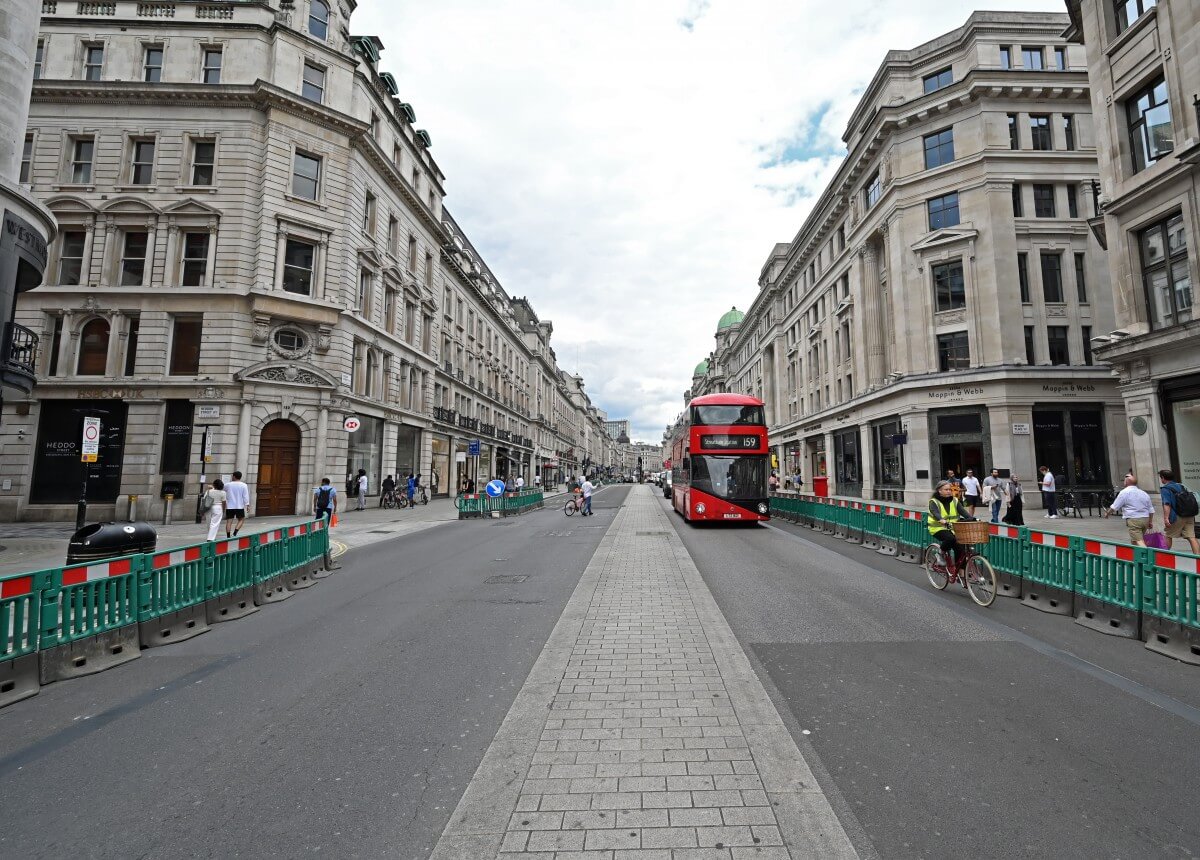When UK university campuses reopen in September, it is set to look a lot different than before.
According to The Guardian, there will be a number of changes for students and staff to get used to. While nothing has been confirmed, universities are discussing plans such as creating “social bubbles” to minimise the infection risk from coronavirus.
UK university students may have to live in residence halls with classmates attending the same courses, keeping within these physically distanced “social bubbles”.
A study by Oxford University published in Nature Human Behaviour recently found that social bubbles — a strategic distancing measure instead of simple social distancing — can keep the infection rate low and is the best option to reduce transmission in large groups.
According to the findings, “Maintaining similarity across contacts, such as only interacting with people who live within the same neighbourhood, and decreasing ties that bridge social clusters, such as occasional acquaintances, were also found to be highly effective, when compared to reducing contact at random.”
Social distancing has been very effective at flattening the curve of #COVID19 infections, yet challenging for the economy and mental health. A new study looks at 3 ways we could lower risk post-lockdown, including creating “social bubbles.” #NIH https://t.co/FP7IA4KE9P
— Francis S. Collins (@NIHDirector) June 15, 2020
Anymore changes to UK university life?
Expect new ways of learning. UK universities are expected to resume in September via hybrid learning which is a blend of online and face-to-face learning. Lectures with a high number of students will likely be online although smaller face-to-face tutorials may be allowed.
Julia Buckingham, the vice-chancellor of Brunel University said universities would not shift entirely online for the September semester, but that students will be offered a “blended” education.
“Students want to have a university experience that is as close as possible to the one they were expecting when they filled their application forms in the autumn. We will deliver in person, teaching and learning wherever possible, accompanied by online lectures and digitally based materials when required,” she said at a briefing outlining Universities UK’s guidelines for exiting lockdown.
Students, staff and professors may also have to move around in a one-way system while on campus to prevent close contact with others.

A red London bus travels down Regent Street in London, on June 15, 2020 as some non-essential retailers reopen from their coronavirus shutdown. Various stores and outdoor attractions in England are set to open Monday for the first time in nearly three months, as the government continues to ease its coronavirus lockdown. Source:
Glyn Kirk/ AFP
A poll from the University and College Union found that 71% of applicants prefer to delay the start of the academic year if it meant they could get more face-to-face teaching.
Freshers’ week, usually held in September and October in the UK, will likely be replaced with virtual events so that students can still engage with one another and sign up for extracurricular activities.
Depending on government guidance and physical distancing rules, some may hold freshers week in a smaller capacity. Shearer West, the vice-chancellor of Nottingham University, said it will look at holding a reduced version of its freshers’ fair this year.
Liked this? Then you’ll love…
Tests and quarantine: Is this how New Zealand will let international students return?
UK university applicants: What you should know about the student visa process this summer







